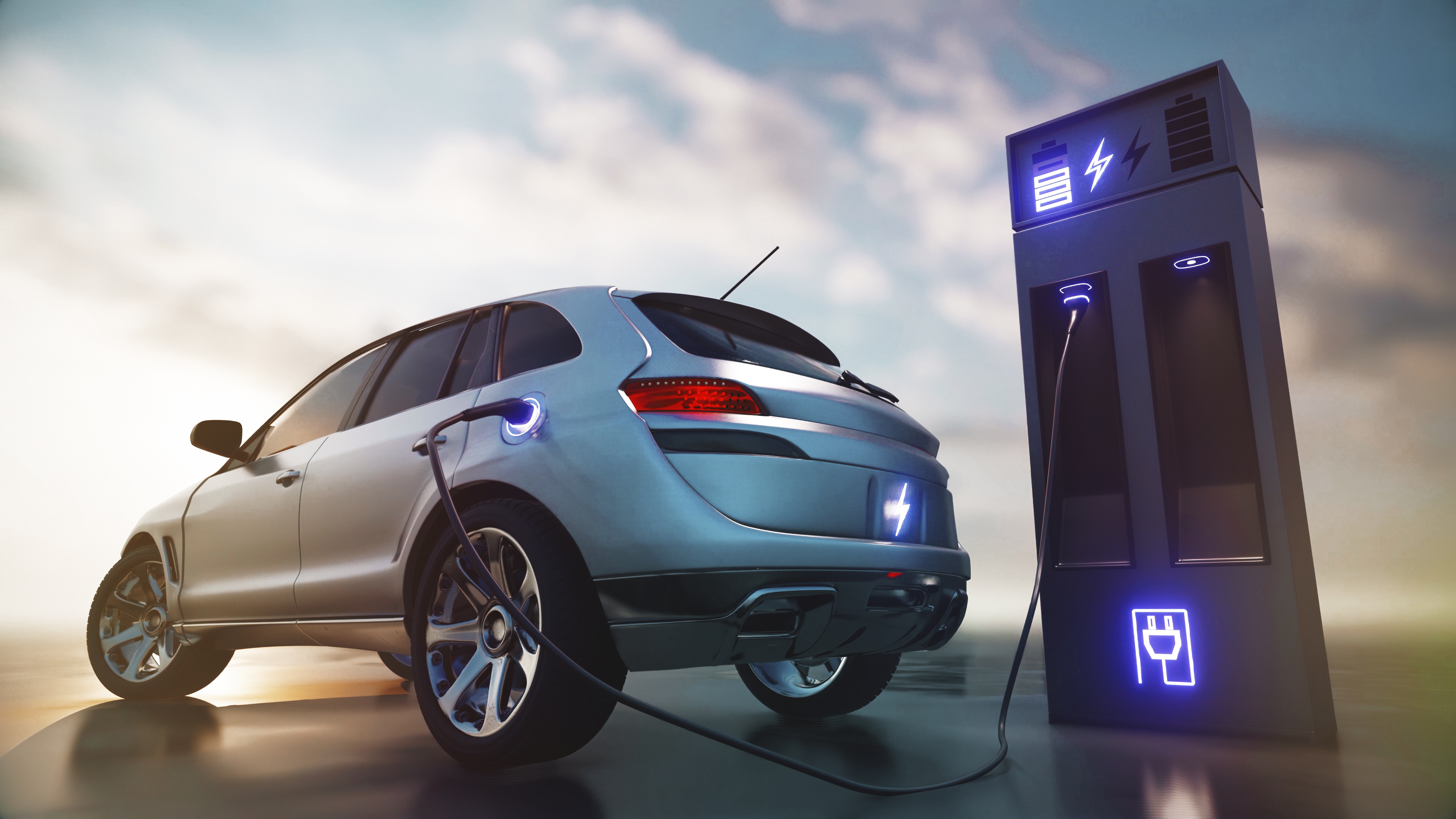Linxens, partner of the Wittabs project
The aim of the Wibatts project is to use RFID technology to develop an RFID tag that will degrade if cold chain temperature criteria are not met.
IoT Project Senior Manager
21/02/2024
News
Cyril Proye, IoT Marketing Director at Linxens, comments: "As electric mobility is increasingly used worldwide, battery traceability is becoming a very important issue, both for the production chain transparency and for the safety of users. Therefore, Linxens is pleased with the initiative to create a passport for electric car batteries and is closely analyzing all related announcements. Regarding the projects presented in Davos, while the “digital twin" with all the battery information will be secured in the cloud, the use of QR code raises important security issues.
Remember that it is very easy to copy or erase a QR code, which could be the source of many frauds. As an expert in traceability and authentication in highly secure areas such as banking, healthcare and personal identity, Linxens invites all car manufacturers to go further. To make the device truly effective, it is essential to create a label that is inseparable from the object and secure. For example, we know how to develop smart labels integrating a chip with a unique number and a memory, which cannot be removed without erasing its content.
It is this type of technology that could provide the necessary security for this project. We are convinced that the battery passport for electric cars as presented in Davos can be improved. But we still have time to design a truly secure document. A real passport."

The aim of the Wibatts project is to use RFID technology to develop an RFID tag that will degrade if cold chain temperature criteria are not met.
Every few years, predictions surface about the end of the bank card — supposedly destined to disappear in favor of mobile wallets, QR codes, and purely digital solutions. Yet, on the ground, something very different is happen...

Only through the combined efforts of public institutions, private actors, security forces, and citizens can we rise to this challenge. In a world marked by globalization and geopolitical tension, identity cannot be reduced to...

Explore how MedTech transforms healthcare through innovative diagnostic, therapeutic, and surgical technologies improving overall healthcare field
